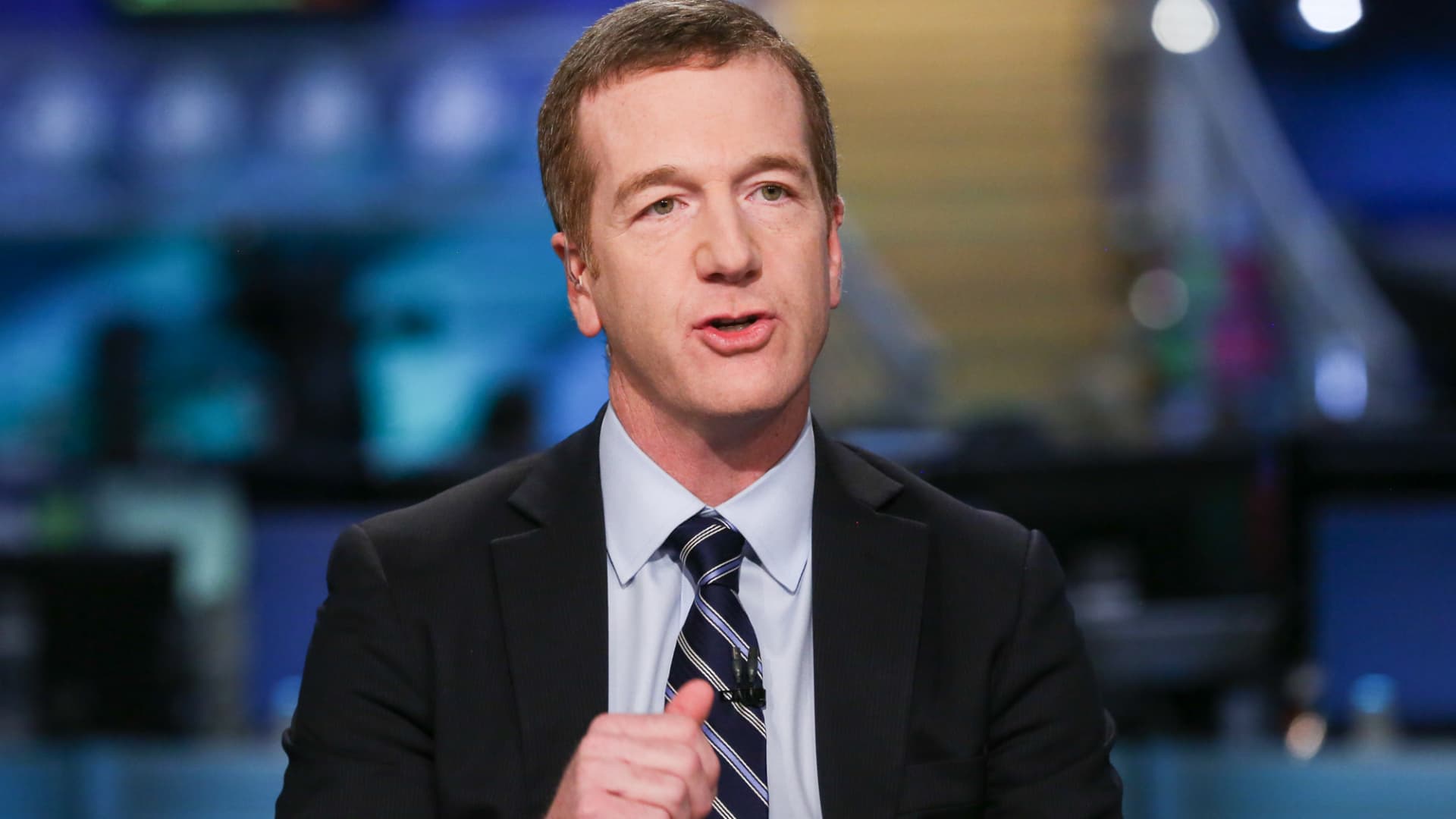Bloomberg has a new piece suggesting that a recession may be immanent:
…And Fed Hikes Are About to Bite Hard
“Monetary policy,” Milton Friedman famously said, “operates with long and variable lags.” One subtlety here is that the “variable” can refer not just to differences between one recession and another — but also to different parts of the economy within a single cycle.
Soft-landing optimists point out that stocks have had a good year, manufacturing is bottoming out and housing reaccelerating. The trouble is, those are the areas that have the shortest lag time from rate hikes to real-world impact.
For the parts of the economy that matter for making the recession call — above all the labor market — lags are longer, typically 18 to 24 months.
That means the full force of the Fed’s hikes — 525 basis points since early 2022 — won’t be felt until the end of this year or early 2024. When that happens, it will provide a fresh impetus for stocks and housing to turn down. It’s premature to say the economy has weathered that storm.
I agree with the final sentence (a recession is quite possible), but have some questions on the rest:
1. Why aren’t the effects of Fed rate hikes already priced into stock prices? Why does Bloomberg believe that rate hikes that have already occurred will cause stocks to decline in early 2024?
2. If rate hikes impact the economy with 18 to 24 month lags, why can’t economists forecast the business cycle? Economists have failed to forecast any of the recent US recessions.
3. On October 17, 2022, Bloomberg suggested that there was a 100% chance of recession within the next 12 months. Is that still true? If not, why cite 18 to 24 month policy lags as an excuse for why a recession has not yet occurred? Weren’t those policy lags well understood back in October 2022, when a recession was seen as certain to occur within 12 months?
4. On a somewhat different topic, why hasn’t Bloomberg put in a disclaimer correcting the truly egregious errors in this recent article on the Japanese economy? Just say “nevermind”.
I hate to be so tough on media outlets such as Bloomberg, the Financial Times, The Economist and the WSJ. I do so because the rest of the media is far worse when it comes to economic news. I’m trying to nudge our best outlets to maintain high standards.
PS. I do not believe in long and variable lags—monetary policy impacts the economy almost immediately. But then interest rates are not monetary policy.
















